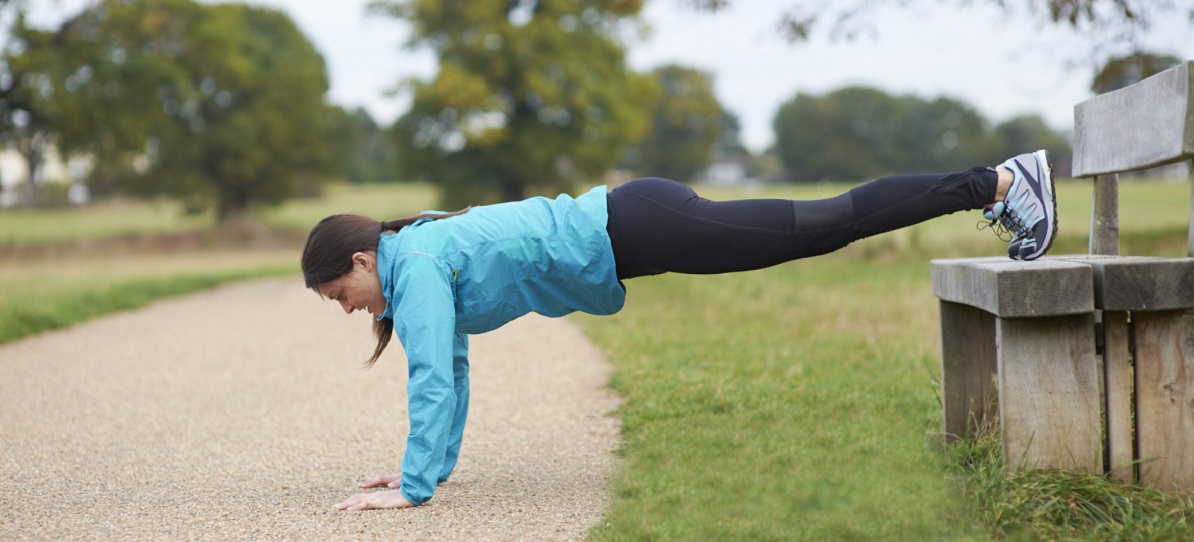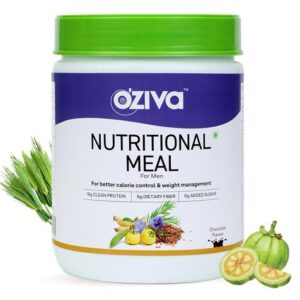Hey there, fitness freak! Interested in running?
There’s always a marathon around the corner! You can participate in the perfect run for you even if you’re a casual runner or a hardcore one.
Before you begin running, you might have some questions about it. Here are the answers to the most common questions you’ve ever had about running, from Nutritionist Shikha Dwivedi!
1. What are the 5 main benefits of running?
Running has numerous benefits for our health and when done on a regular basis, it builds our physical fitness and improves our overall health. As said by Ronald Rook “I don’t run to add days to my life, I run to add life to my days.” There are certain benefits that can only be experienced as an after result of a run. Let’s see how running it impacts our body and mind
IMPROVED MUSCULAR STRENGTH
It strengthens your lower body muscles which are mainly involved in running. Running fires up these muscles to produce more and more power to run further. Running uses your glutes, thighs and calf muscles. After each run, there is more strain on these muscles as they have been triggered and hence the body tries to build more muscles to strengthen it further.
IMPROVED BONE STRENGTH
Running also helps to improve bone health by increasing the bone mineral density. It also reduces the chances of osteoporosis and osteoarthritis which is very common as we age. One of the contributing factors for it is a lack of physical activity/exercise. Small runs of 15-20 minutes in a day also improves the overall bone mineral density.
BALANCE
Running helps to improve balance as well, as it is a single leg sport. We use one leg to land while we take a leap and then use the next which automatically strengthens not only the muscles but also improves our overall body balance and hence it’s called a one footed balancing act. As we age our balance starts to deplete but practicing regular running can help prevent it as it’s a body weight-bearing activity.
IMPROVED HEART AND LUNG CAPACITY
Running is also known to help in improving our lung and heart efficiency, running high intensity levels help to improve maximum oxygen uptake. The greater the VO2, the more oxygen our body can take in and deliver to the muscles. Our breathing also gets more efficient as we start to regulate our breath gradually while we run which strengthens and is healthy for both our heart and lungs.
SOOTHES STRESS & KEEPS MIND HEALTHY
When we run we feel good and happy hormones known as endorphins are released. Endorphins are natural painkillers so when we exercise or experience the runner’s high it’s basically these hormones which are being released and they help to reduce anxiety, depression, stress and help to stay calm and healthy mentally. Hence it’s very common to hear when one is stressed they are advised to go for a quick run as it automatically scales the happy hormones and brings peace to the mind.
2. What does 30 minutes of running everyday do for your health?
Running brings many positive outcomes, starting from improved blood circulation and better nourishment to the cells & tissues. It lowers blood pressure, ensures better balance of good and bad cholesterol and hence taking care of one’s lipid profile. It brings lowered stress, better mental health and brain and memory function.
It also boosts the metabolism and helps burn more fat, improves sleep quality, and we start falling asleep faster as compared to a zero day (no physical activity day). It additionally makes us look better, younger and our skin glows and shines as the skin gets improved blood circulation and nourishment.
3. What is the main diet I should eat as a runner?
A runner’s diet should be a combination of good proteins and carbohydrates with healthy fats. Running uses both glucose and glycogen as fuel. Glucose is available in the blood however the glycogen is the sugar stored in our liver and muscles that acts as primary fuel for endurance exercise. Eating plenty of carbohydrates helps to support the body and suffices the requirements for the run.
When these stores get too low that’s when the runners are likely to run out of energy which is then called burn out or hit a wall.
Along with replenishing the electrolytes, vitamins and minerals are important as any deficiency can result in fatigue and lack of ability to run. For example, Vitamin D and calcium deficiency will result in low bone mineral density and increase risk of fractures. Hence it becomes imperative to follow a diet which comprises all of it to avoid these consequences.
Overall it’s important to include-
– Fruits and vegetables for micronutrients like vitamins and minerals
- Lean proteins like beans, tofu, and soya.
- Healthy fats like nuts and seeds, olive oil, avocados and coconut
- Complex carbohydrate sources like whole grains, rice, whole grain pasta and oats
Overall every individual will have different requirements but on an average runners should get their 60-70% of calories from carbohydrates, 15-20% each from proteins and fats.
To get more protein into your runner’s diet, you can go for plant protein. Try out OZiva Bioactive Plant Protein.
4. How many Calories do I burn during it?
Running for 30 minutes daily will result in burning anywhere between 200-550 kcals depending on the pace of running, age, weight, height and overall body composition.
5. Does it build muscles for me?
Running builds muscles when the intensity of the run is high but for a short duration whereas long distance running causes muscle damage and inhibits muscle growth. So to compare sprinting will help to build muscles but long marathon’s which are low intensity runs will not help much.
So for shorter duration running on regular basis or for more than 3-4 weeks will help in building lean muscles, majorly the muscles of lower body like quads, hamstrings, calves, hips and glutes.
6. Does Running get easier in terms of breath control?
As running is an aerobic exercise, it helps to improve the breathing pattern, as the lung capacity automatically increases after running is included in our routine. Normally even at rest then one would need less no of breaths per minute as the lung capacity has increased so within 1 breath its giving good amount of oxygen instead of taking many short breaths. Running improves the muscle health and our body then can use up the available oxygen more efficiently and automatically the number of breaths required to feel fresh decreases as now the muscles have become more stronger
Last modified: August 11, 2023





